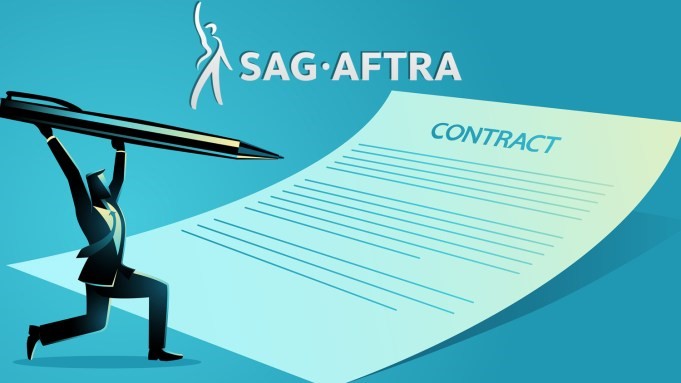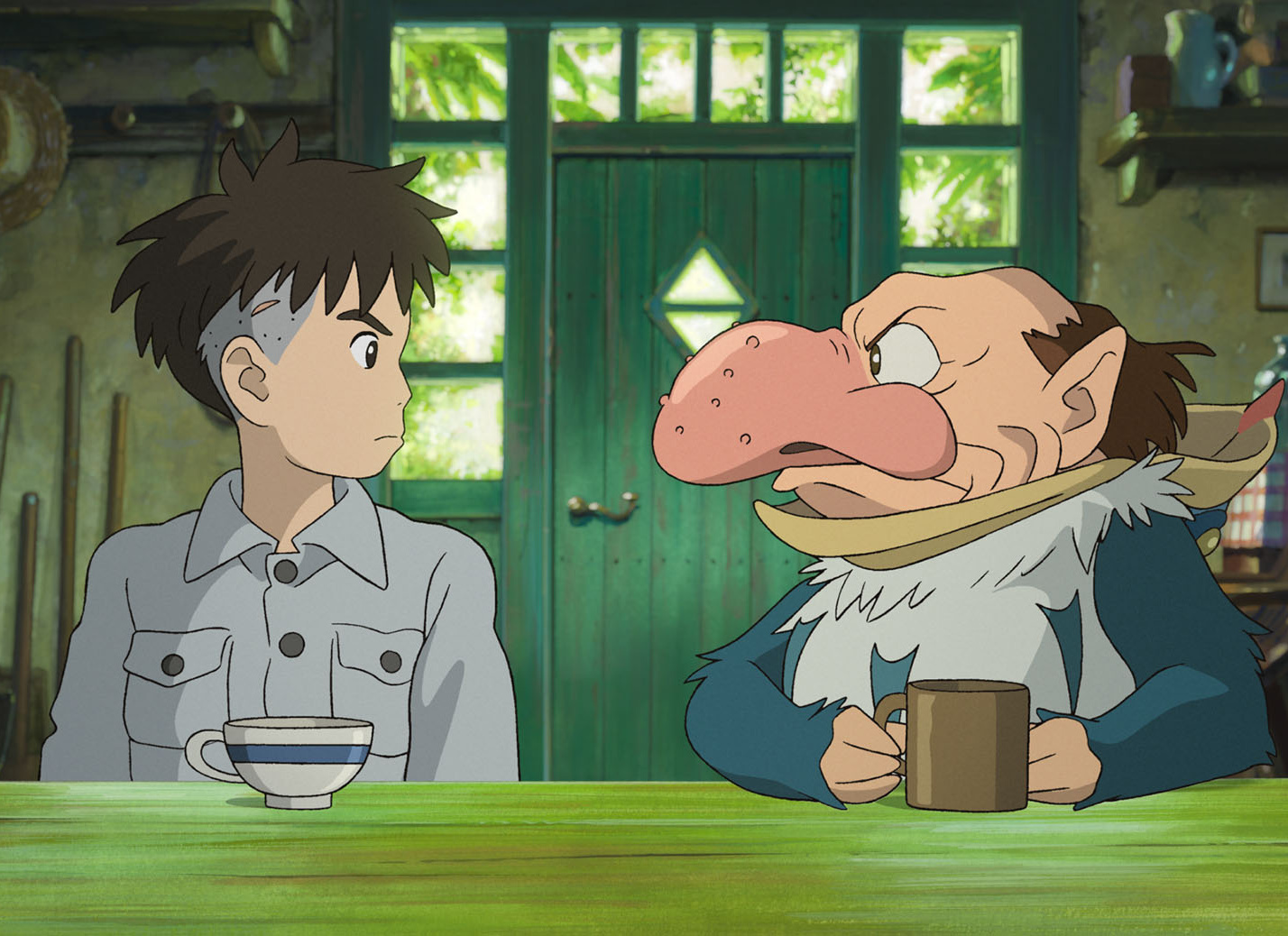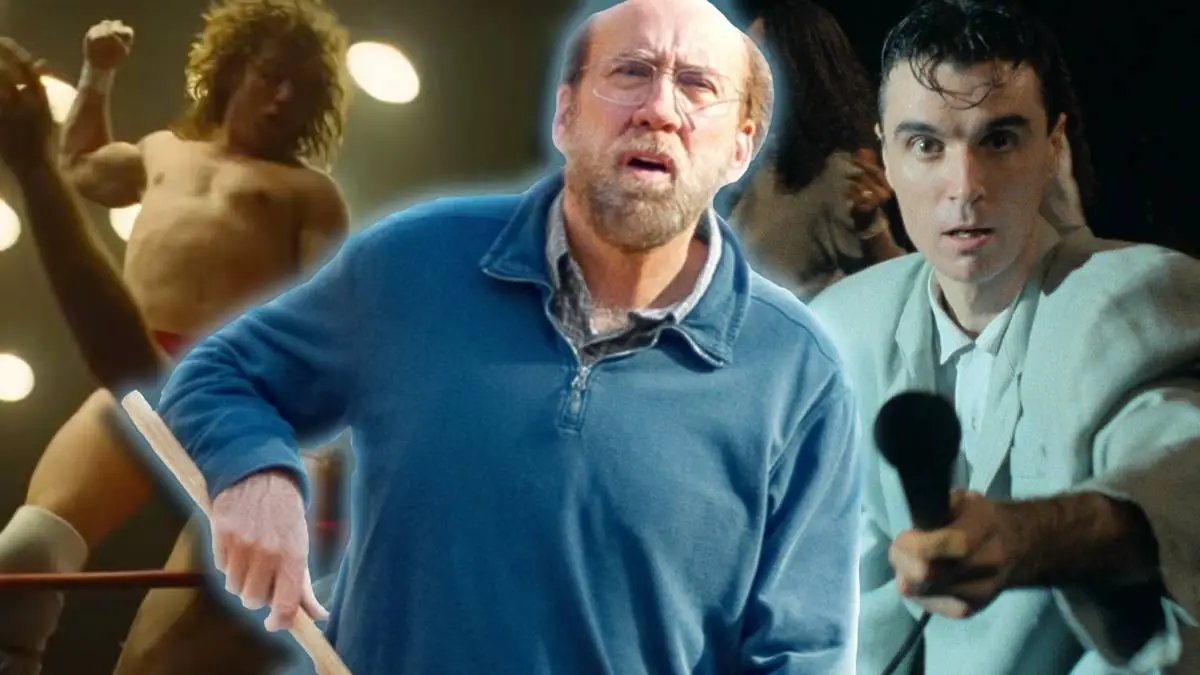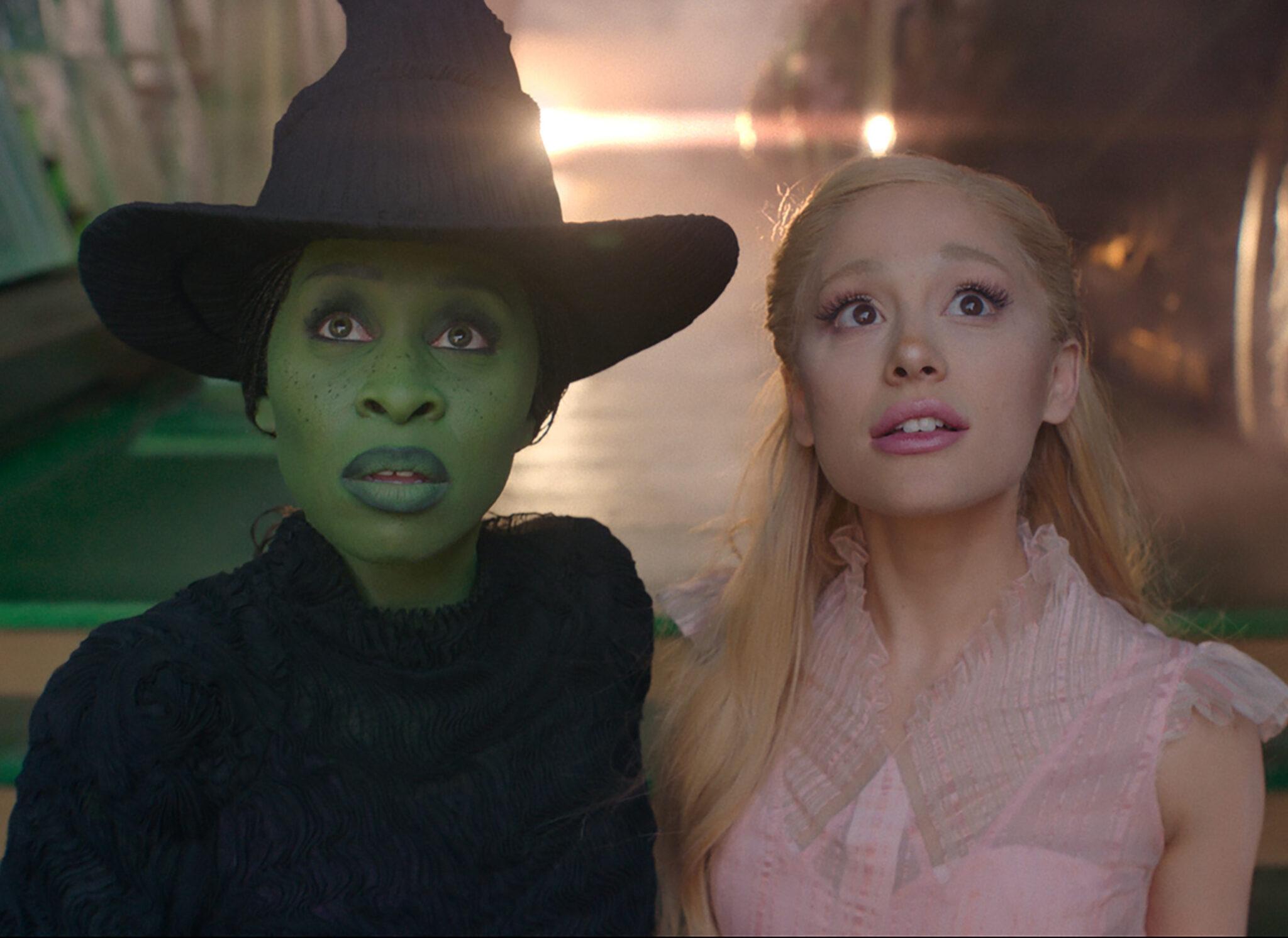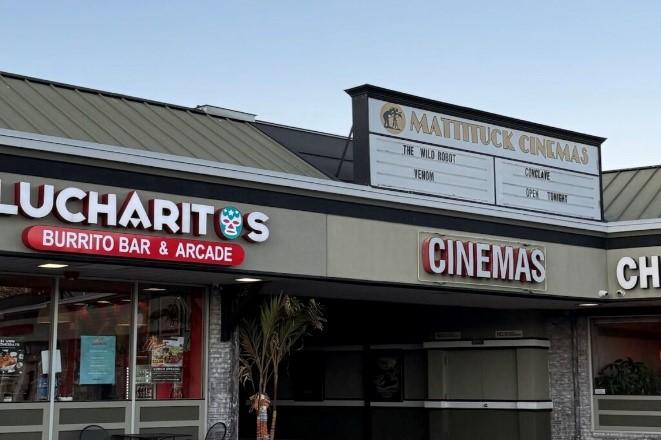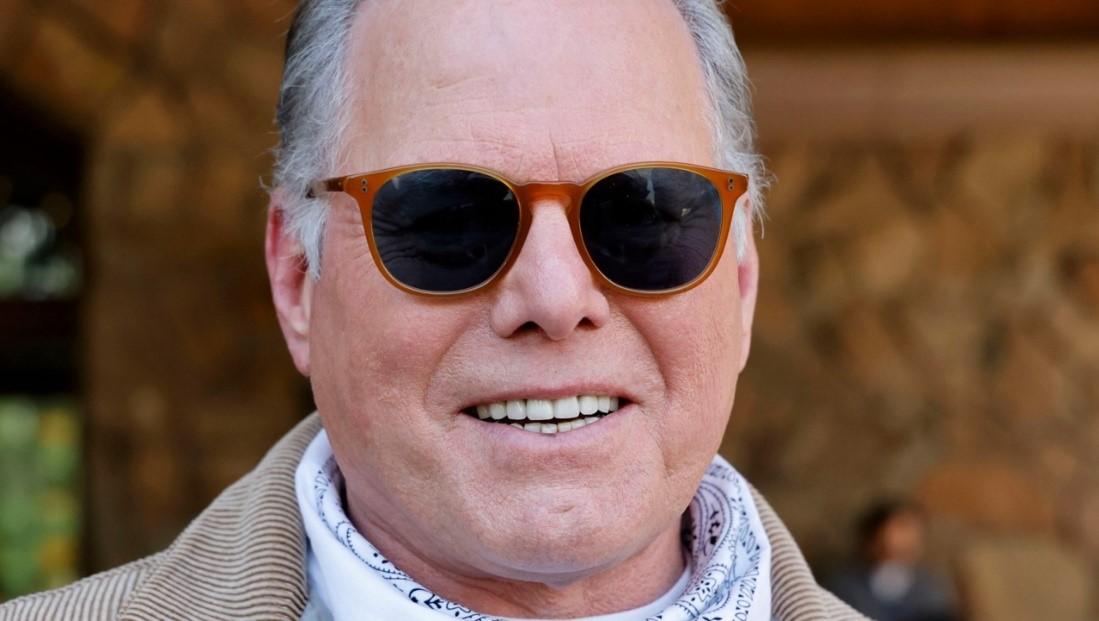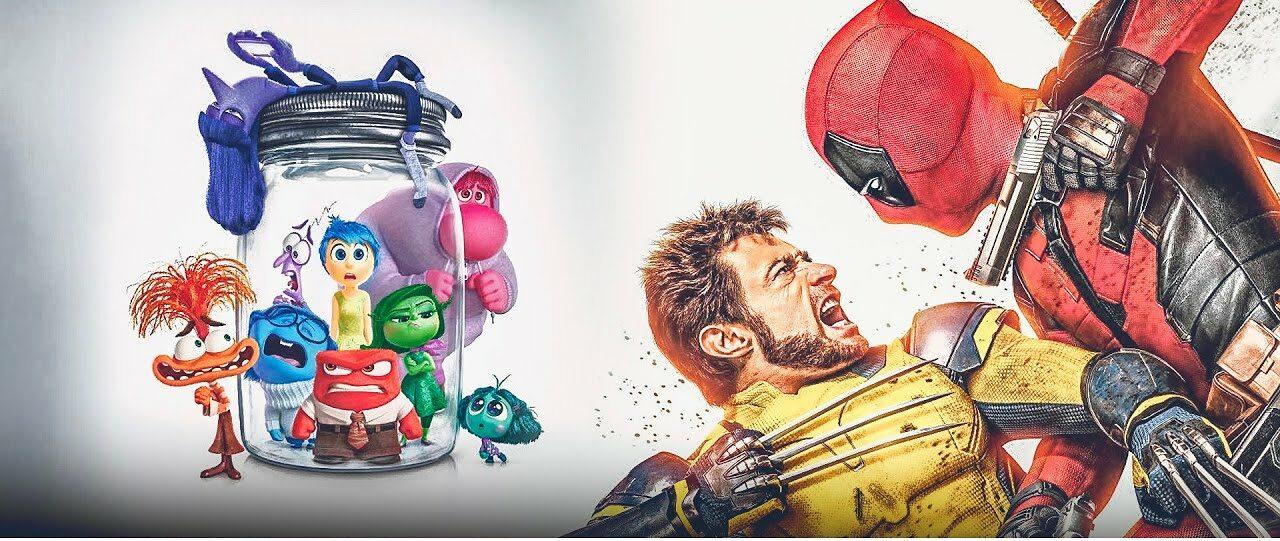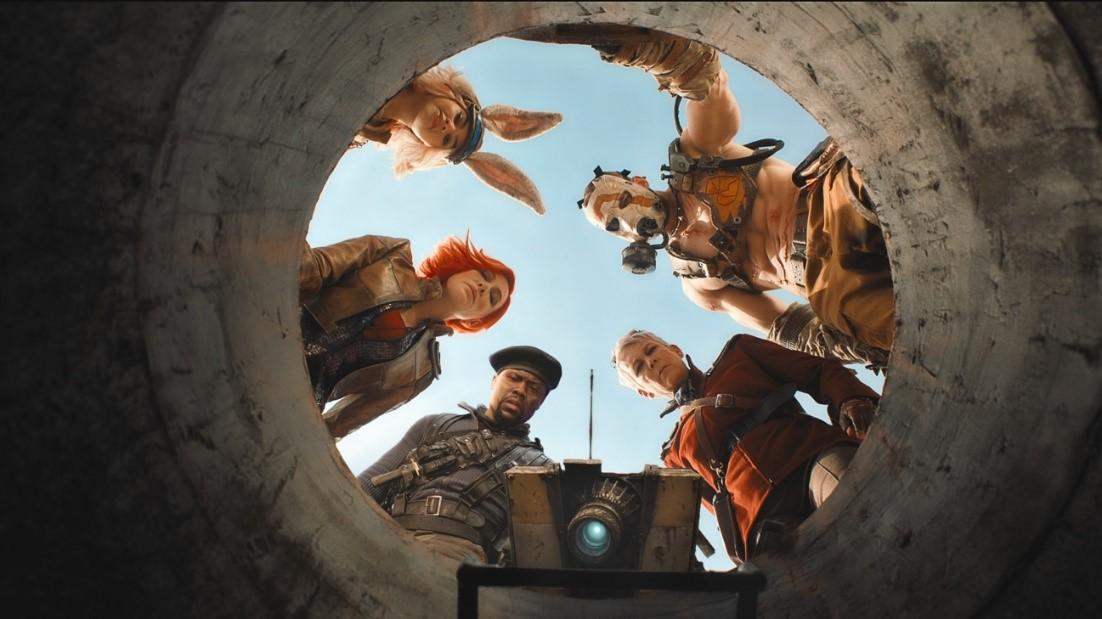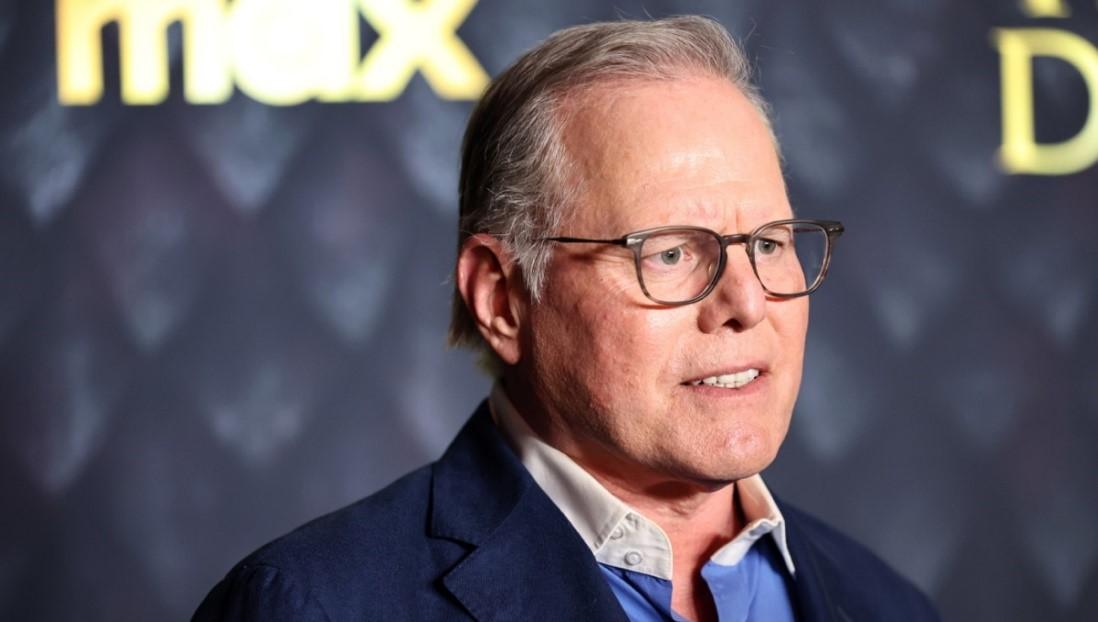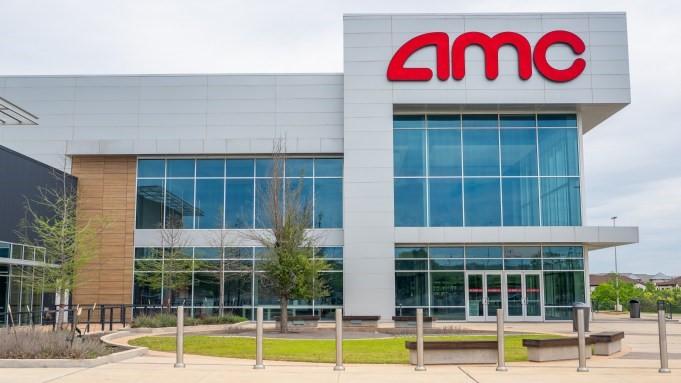The multi-week ratification vote by SAG-AFTRA’s members on their new contract with Hollywood studios concluded last Tuesday, with a majority voting to approve the agreement.
The margin of approval was larger than expected, given very public and vocal dissent from several high-profile SAG-AFTRA members such as Jackie Bateman and Matthew Modine, who had criticized the agreement as providing insufficient protections against the future use of AI technology.
The final margin of the vote was 78.3% approving and 27.3% dissenting. This was a higher margin of approval than contracts from 2020 and 2014 and the highest level of membership turnout for a ratification vote in the union’s history. It now seems clear that the agreement negotiated by SAG-AFTRA’s Fran Drescher and Duncan Crabtree-Ireland had strong support.
With the strikes by SAG-AFTRA and WGA concluded, attention has now turned to understanding their impact on the media and entertainment industry. A study by Otis College of Arts and Design looked at the number of employed workers within the entertainment sector as of April, the month before the WGA strike began, and the number employed now.
The study found there are now 17% fewer employed workers in the entertainment industry than there were last spring. While the resumption of production will produce a rebound in employment, the study pointed to other factors beyond the strikes that led to the decline in employment.
Studios such as Disney and Warner Bros. are pulling back on the number of films and TV programs as they continue to focus on cost savings. A general unease with corporate losses in combination with higher labor costs as a result of the new labor deals is making studios hesitant to return to pre-strike levels of employment.
See also: Hollywood Jobs Down Nearly 20% This Year, & Not Just Because Of The Strikes, Study Says (Deadline)

